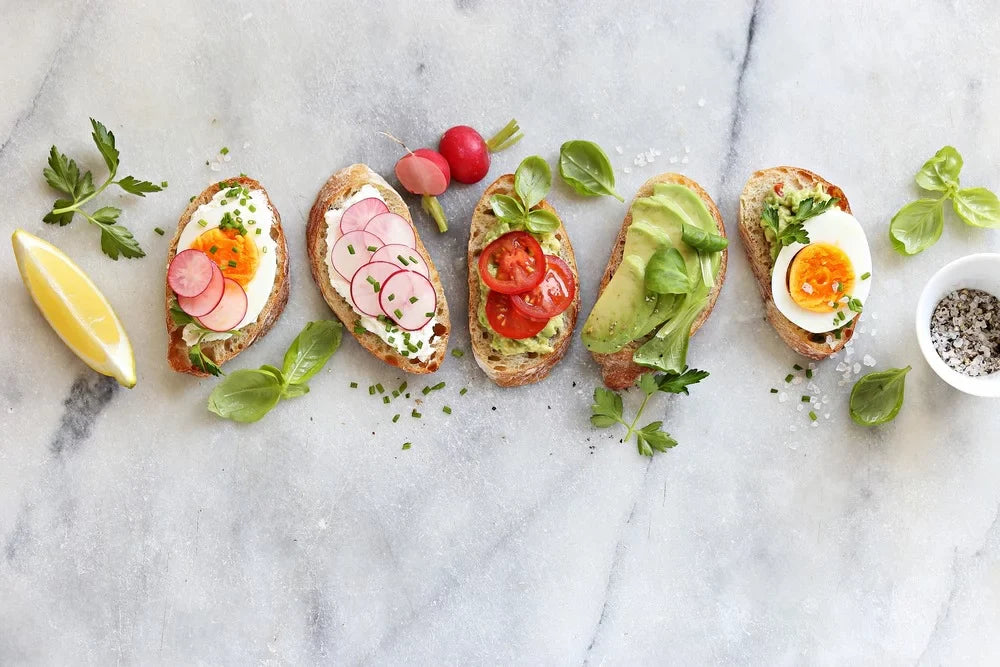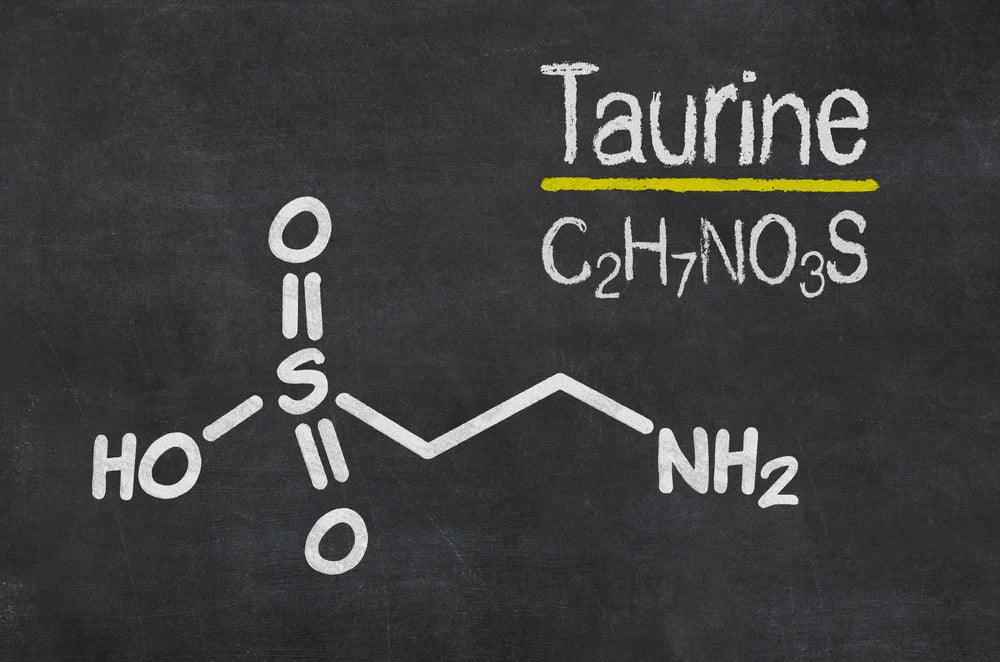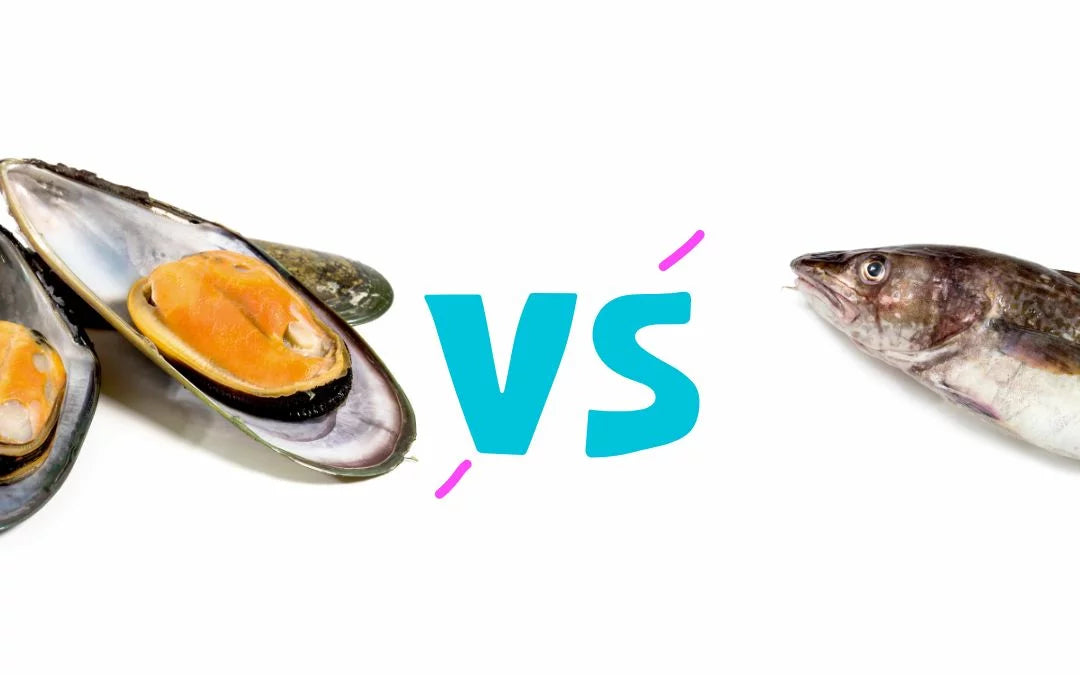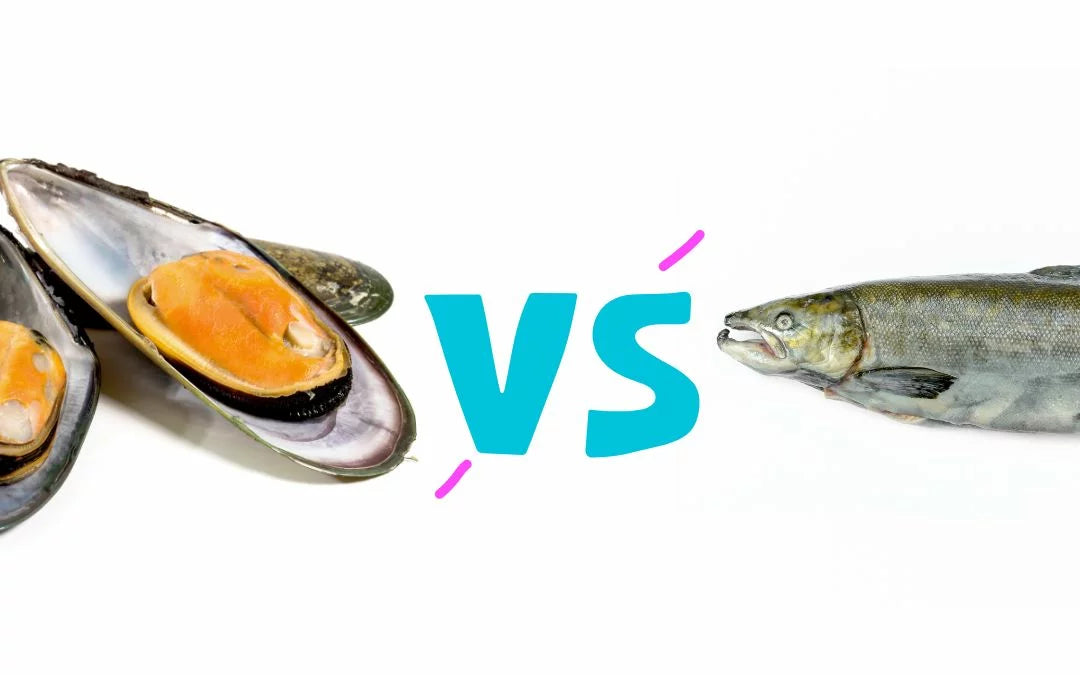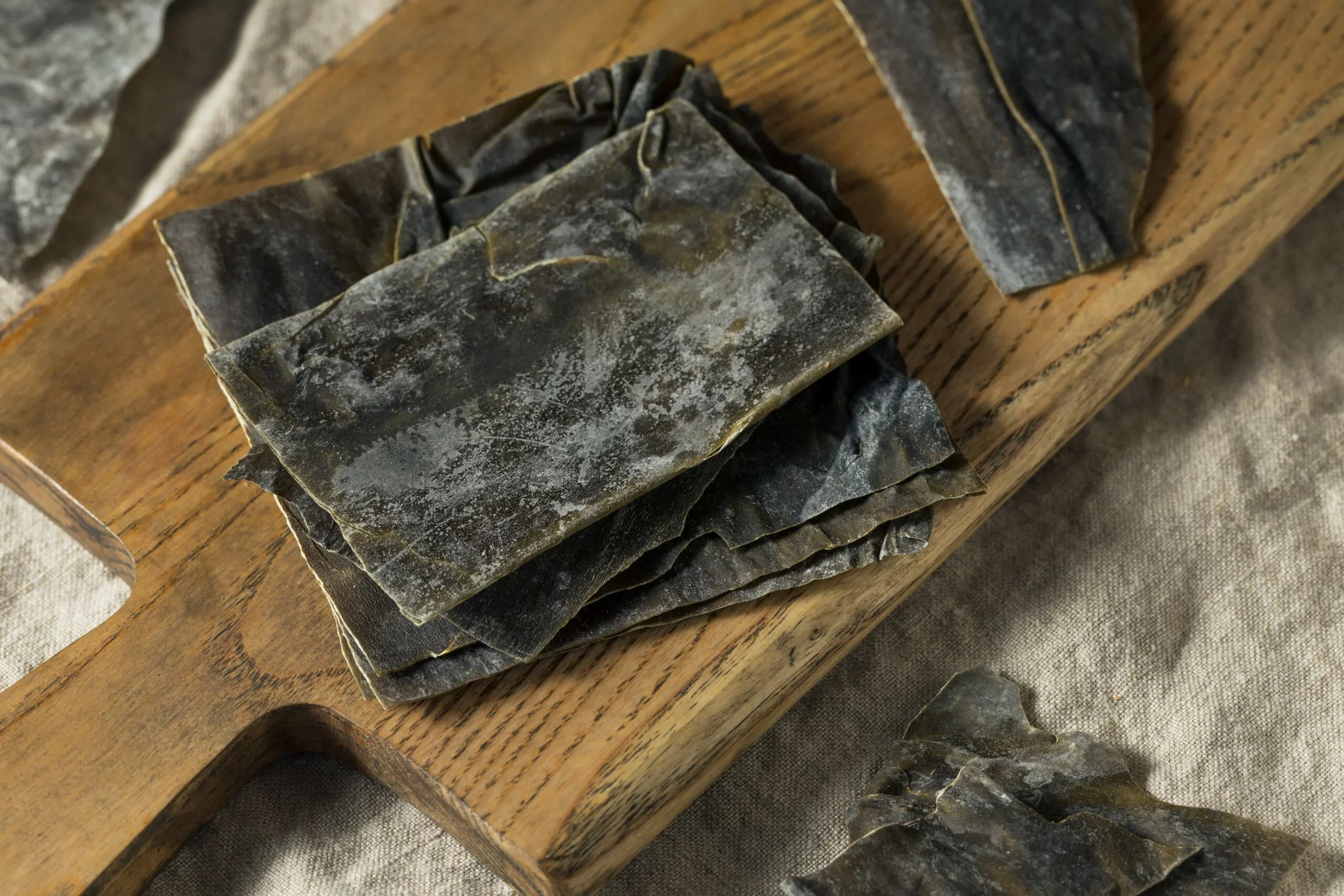Are mussels vegan? The answer may not be as clear as you think
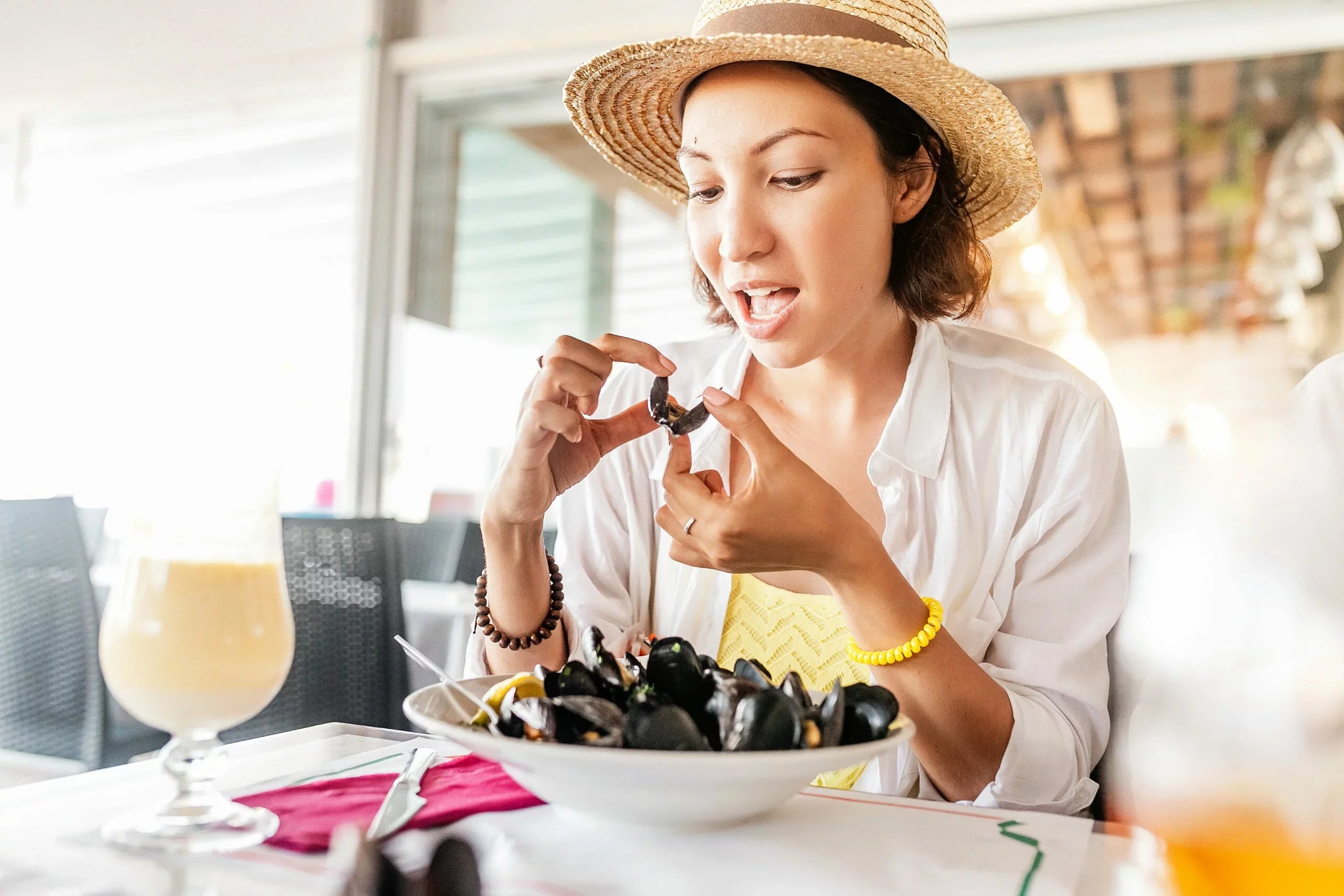
If you are reading this, then the chances are strong that you are already well-acquainted with the definition of veganism: the practice of abstaining from the use of animal products, especially in your diet. As bivalves are clearly animals–not plants–the answer may seem very clear at first glance. However, some deeper digging proves that the answer is not so simple after all.
Individuals embrace the vegan lifestyle for a variety of different reasons, and those reasons dictate how strictly they adhere to the tenets of a purely vegan lifestyle, not to mention just what a “vegan lifestyle” means to them.
Let’s take a closer look at just what veganism is, what makes mussels and other bivalves questionable regarding whether they are vegan, and how you can make the right choice for yourself.
Is veganism a diet or an ethical position?
While veganism has been growing rapidly and garnering the mainstream spotlight, there is still a lot of confusion around its definition. The problem is that individuals have different reasons for becoming vegan—and different philosophies about which foods are acceptable within their vegan lifestyles.
Here are a few different types of vegans and their reasons for choosing this way of life:
- Ethical vegans: Ethical vegans make their choices based on their desire to avoid animal cruelty and suffering at all practical costs. This type of veganism goes beyond a plant-based diet and extends into all areas of the person’s life, including their clothing, furniture, cosmetics, and more.
- Vegans for health reasons: Many people believe that meat is unhealthy to consume and exclude it from their diets. These people may also care about animals, but their reasons for choosing a vegan lifestyle aren’t steeped in concern for ethics but rather their preference to avoid the perceived harmful health effects of eating meat.
- Environmental vegans: Some individuals choose to become vegans because of the considerable harm that factory farming can do to the environment. Factory farming of cows, chickens, and pigs is one of the major causes of global pollution. Some vegans adhere to this lifestyle to do their part to minimize environmental harm.
For ethical and environmental vegans, there’s good news: you can still enjoy the benefits of green-lipped mussel oil.
Why mussels — especially green-lipped mussels — may be suitable for vegan diets
Even if you believe in eschewing animal products from your diet and lifestyle, you may be able to consume bivalves such as green-lipped mussels without guilt—especially if your reasons for being vegan center on avoiding causing pain or suffering to other sentient life forms or helping to end pollution. Here’s why:
- Bivalves are less sentient than other animals: Mussels, clams, oysters, and similar entities do not have brains or complex nervous systems. As such, they cannot feel pain as we know it. They are not conscious in the way that we understand consciousness, and they do not perceive space and time the way that we do. These factors mean that eating bivalves likely causes no more suffering than eating, say, broccoli or wheat.
- Eating New Zealand green-lipped mussels is ethical: The oceans in NZ provide the perfect environment for green-lipped mussels to live. The growing conditions are ideal and unhindered by the pollution, overpopulation, and heavy sea traffic that can damage or kill crops. These mussels live in a pristine and natural environment where they thrive peacefully until harvest. This is definitely not “factory farming”, and eating mussels avoids the ethical nightmare that far too many animals experience.
- New Zealand green-lipped mussels are sustainably raised: Not only are our green-lipped mussels sustainably raised and harvested, but they are some of the most sustainable seafood products available. Throughout every stage of the process, we uphold the highest standards of quality and safety in addition to sustainability to ensure the least amount of harm to our mussels, the local waters of NZ, and the environment.
You make the call that’s right for you
Only you can determine which diet is right for you, your values, and your life. Living as a vegan is a highly personal choice that individuals make for a wide variety of reasons. Depending on what your reasons are, you may be able to make green-lipped mussel oil a guilt-free part of your diet and still hold fast to the values that are important to you.
The health benefits of green-lipped mussel oil are significant and worthy of some serious soul-searching to determine which definition of veganism fits your life best. We invite you to do your research and make your own choices.
If you do decide to include green-lipped mussel oil in your diet as part of your overall nutrition and health plan, GLX3 is a great source of ethical and sustainable green-lipped mussel oil that you can feel good about consuming.

